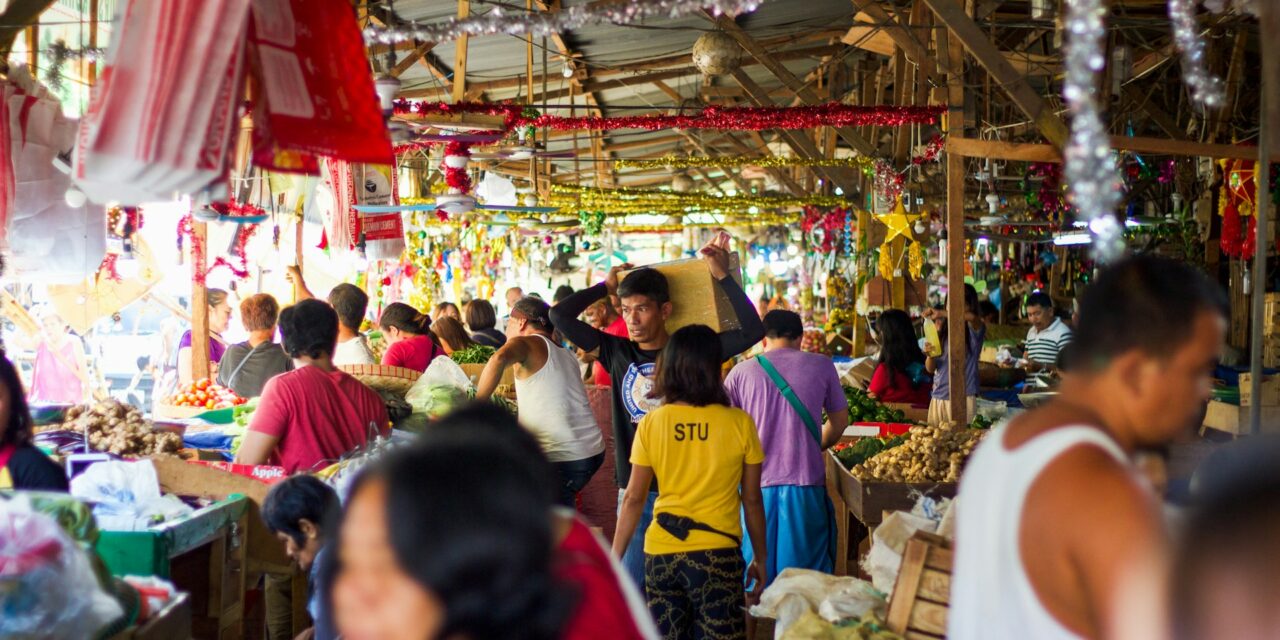UN Tourism is gearing up to host its inaugural Regional Forum on Gastronomy Tourism for Asia & the Pacific in late June.
This event aims to spotlight the significant role of gastronomy tourism in promoting sustainable socio-economic development and fostering cultural exchange across the region.
Gastronomy tourism provides destinations with an opportunity to enhance their brand positioning, diversify their offerings, promote regional inclusiveness and cohesion, add value, increase tourism spending, and connect with other sectors such as agriculture, culture, and health. This creates a strong partnership that benefits both destinations and local communities.
The forum, which is being hosted by Philippines’ Department of Tourism, will run between June 26 to 27 in Cebu, Philippines. It will take place at Shangri-La Mactan in Cebu City.
Following this, the 36th UN Tourism Joint Commission Meeting for East Asia & the Pacific and Commission for South Asia will be held on June 28 at Sheraton Cebu Mactan Resort.
These events are expected to draw about 300 attendees, including UN member-state ministers, affiliate members, and international tourism stakeholders.
The Regional Forum on Gastronomy Tourism for Asia & the Pacific will discuss topics like creating rules for food tourism, using local products for sustainable growth, and ways to reduce food waste and support local businesses. Participants can learn from experts about the best methods for food tourism in the Asia-Pacific area.
Participants will also enjoy a showcase of Philippine cuisine prepared by top Filipino chefs, and a tour around Cebu.
Cebu is the largest island in the Visayas region and is a vibrant cultural hub enriched by its Spanish colonial heritage.
As one of the Philippines’ most developed provinces, it is also a hub for various industries, including shipping, manufacturing, business processing services, and, of course, tourism. Cebu’s dynamic environment makes it an ideal location for discussions on maximizing the benefits of gastronomy tourism for regional development.
This brings many synergies to the concept behind gastronomy tourism. It is not just about food, but about preserving culture, bolstering economies, and sharing a country’s history one bite at a time.
For instance, the focus on sustainable practices at the forum will highlight the role of gastronomy tourism in preserving culinary traditions and supporting local communities. By promoting regional products and safeguarding gastronomic heritage, these initiatives contribute to the economic and cultural resilience of rural areas.
Safeguarding gastronomic heritage can take many forms. First and foremost, it is important to document traditional recipes and cooking methods, just as Cambodian chef Ros Rotanak is doing in Cambodia
Meanwhile, supporting local farmers and producers by using local ingredients maintains traditional farming methods as well as boosts local economies.
The UN Tourism Regional Forum on Gastronomy Tourism for Asia and the Pacific represents a significant step towards recognizing the impact of culinary tourism on socio-economic growth and cultural exchange in the region.
Stakeholders will have the opportunity to explore effective strategies for leveraging gastronomy tourism to benefit local communities and the environment.







